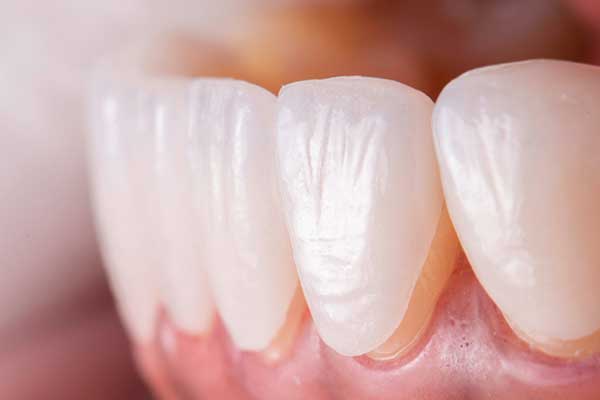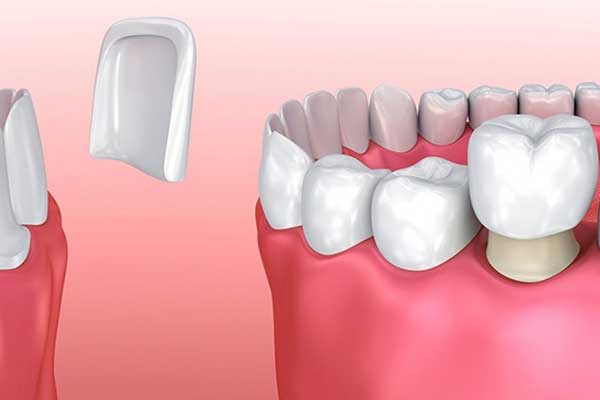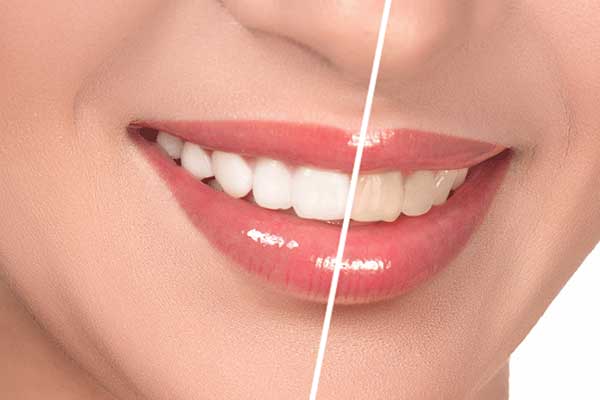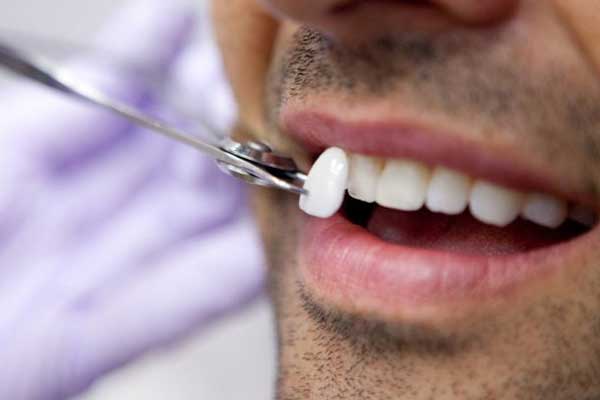Veneers Temporary Teeth: A Comprehensive Guide
Introduction
veneers temporary teeth , Have you ever wished for a flawless smile that exudes confidence? Veneers are a popular dental treatment that can help you achieve just that.
In this article, we will delve into the world of veneers, specifically focusing on temporary veneers. From understanding what veneers are to their benefits and application process, we will cover it all. So, let’s get started and explore the wonders of temporary veneers.
Table of Contents
- What are Veneers?
- The Role of Temporary Veneers
- Advantages of Temporary Veneers
- Getting Temporary Veneers: The Process
- Temporary Veneers vs. Permanent Veneers
- Maintaining Temporary Veneers: Tips and Tricks
- Temporary Veneers: What to Expect
- Are Temporary Veneers Right for You?
- Frequently Asked Questions (FAQs)
What are Veneers?
Veneers are thin, custom-made shells that are designed to cover the front surface of teeth. They are crafted from tooth-colored materials such as porcelain or composite resin, providing a natural and aesthetically pleasing appearance. Veneers are primarily used to address cosmetic concerns, such as stained, chipped, or misaligned teeth.
The Role of Temporary Veneers
Temporary veneers serve as a transitional solution while permanent veneers are being fabricated. They are placed on the teeth to protect them and provide an idea of how the final veneers will look and feel. Temporary veneers act as a preview, allowing the patient and dentist to assess the desired shape, size, and color before the permanent veneers are created.
Advantages of Temporary Veneers
- Preview: Temporary veneers offer a preview of the final results, helping patients visualize the outcome of their veneer treatment.
- Protection: These temporary restorations shield the teeth from sensitivity and damage while waiting for the permanent veneers.
- Adjustment: If any modifications are required after the placement of temporary veneers, they can be easily adjusted before the creation of permanent veneers.
- Enhancing Confidence: Temporary veneers provide a temporary aesthetic improvement, boosting the patient’s confidence during the treatment period.
Getting Temporary Veneers: The Process
The process of obtaining temporary veneers typically involves the following steps:
- Consultation: During an initial consultation, your dentist will evaluate your oral health, discuss your expectations, and determine if temporary veneers are suitable for you.
- Tooth Preparation: A small amount of enamel may be removed from the teeth receiving veneers to ensure a proper fit.
- Impression: An impression of your teeth will be taken to create a mold for the temporary veneers.
- Fabrication: Temporary veneers will be fabricated in a dental laboratory based on the impressions taken.
- Placement: The temporary veneers will be carefully bonded to your teeth, and adjustments can be made if necessary.
Temporary Veneers vs. Permanent Veneers
While temporary veneers provide immediate aesthetic improvement, it’s essential to understand the differences between temporary and permanent veneers:
- Material: Temporary veneers are often made from composite resin, while permanent veneers are commonly crafted from porcelain.
- Durability: Permanent veneers are more durable and resistant to staining compared to temporary veneers.
- Longevity: Temporary veneers are meant to be short-term solutions, while permanent veneers can last for several years with proper care.
Maintaining Temporary Veneers: Tips and Tricks
To ensure the longevity and appearance of your temporary veneers, follow these maintenance tips:
- Oral Hygiene: Brush your teeth gently and floss regularly to keep your temporary veneers clean and free from plaque buildup.
- Avoid Staining Agents: Limit the consumption of stain-causing foods and beverages such as coffee, tea, and red wine to prevent discoloration.
- Be Mindful of Bite Force: Avoid biting into hard or sticky foods that could dislodge or damage the temporary veneers.
- Regular Dental Check-ups: Visit your dentist for routine check-ups to monitor the condition of your temporary veneers and ensure they are functioning correctly.
Temporary Veneers: What to Expect
During the period of wearing temporary veneers, you may experience the following:
- Sensitivity: Some temporary sensitivity to hot or cold foods and beverages is normal and should subside over time.
- Adjustment Period: It may take a few days to get used to the feel of temporary veneers in your mouth, but they should become more comfortable with time.
- Maintenance Instructions: Your dentist will provide specific instructions on how to care for your temporary veneers and what to avoid.
Are Temporary Veneers Right for You?
Determining whether temporary veneers are suitable for you depends on various factors, such as your oral health, cosmetic goals, and budget. Consultation with a qualified dentist will help you understand your options and make an informed decision.
Conclusion
Temporary veneers play a vital role in the journey to achieving a perfect smile. They provide a preview of the final results, protect your teeth, and enhance your confidence during the veneer treatment process.
By understanding the benefits, application process, and maintenance tips, you can make the most of your temporary veneers and prepare for the transformative effects of permanent veneers.
FAQs (Frequently Asked Questions)
- Are temporary veneers uncomfortable?
- Temporary veneers may feel slightly different initially, but they should become more comfortable over time.
- Can I eat normally with temporary veneers?
- While it’s best to avoid hard or sticky foods, you can generally eat a normal diet with temporary veneers.
- How long do temporary veneers last?
- Temporary veneers are designed as short-term solutions and typically last until the permanent veneers are ready.
- Will my speech be affected by temporary veneers?
- It is common to experience slight changes in speech initially, but your tongue and mouth will adapt quickly.
- Can I whiten my temporary veneers?
- It’s not recommended to whiten temporary veneers, as the color has already been matched to your desired outcome.






